Social Policies for Health Equity Research Center
We examine the impacts of social and economic policies on racial and socioeconomic disparities in health, supporting evidence-based policymaking to achieve health equity.
Kresge Building, 7th Floor
677 Huntington Ave
Boston, MA 02115
People
Researchers
For more information about our researchers, please select a name from below.
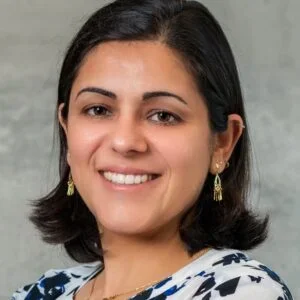
Rita Hamad, MD, PhD, is the Director of the SPHERE Center and an associate professor in the Department of Social and Behavioral Sciences at Harvard T.H. Chan School of Public Health. Dr. Hamad spearheads a research agenda to examine the effects of social and economic policies on health disparities across the life course, with the goal of informing state and national policymaking. She specializes in applying quasi-experimental epidemiologic and econometric methods and the linkage of large survey and administrative data. This work involves collaborations with other research teams throughout the U.S. and internationally. She also provides consultations to local and federal policymakers on the design and impact of social policies to promote health equity.
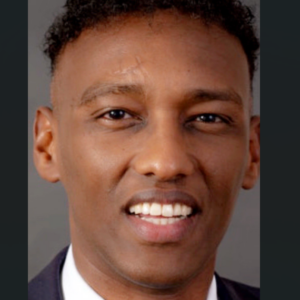
Abdinasir Ali, PhD, MPH, is a Yerby postdoctoral research fellow based at the SPHERE Center. He received his PhD in Health Services and Policy with a focus on health economics from the University of Iowa in 2024. Dr. Ali is a health economist and health services researcher. His work involves using quasi-experimental designs and statistical and econometric methods applied to administrative data and surveys. His research is focused on understanding the effects of housing policies on health and health care use, and examining the links between housing security, housing quality, poverty, and health status. Dr. Ali’s most recent work has been focused on state and federal social and economic support policies to understand their effects on the health of low-income renting households. At the SPHERE Center, Dr. Ali is examining the impacts of income support policies on children’s development and well-being.
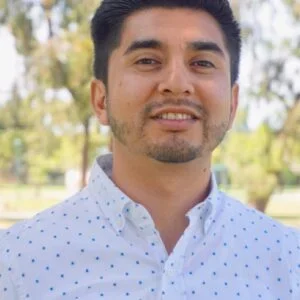
Daniel Collin, MPH, is a Senior Statistical Analyst and has worked at the SPHERE Center since completing his MPH in Epidemiology/Biostatistics from the UC Berkeley School of Public Health in 2018. He is currently working on examining how the earned income tax credit and other economic policies affect health and health behaviors. In his free time, he enjoys cycling, hiking, camping, and going to the movies and music venues.
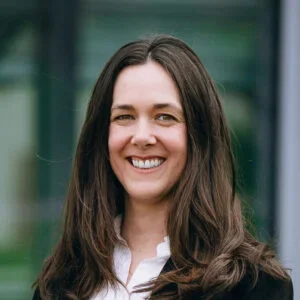
Emily C. Dore, PhD, MPH, MSW, is a postdoctoral research fellow at the SPHERE Center. She received her PhD in Sociology from Emory University and a dual MPH/MSW degree from Boston University. Her research examines macro-level determinants of health with a goal of informing policies that decrease health inequities. Her work has so far evaluated the long-term health impacts of economic policy exposure in childhood, as well as the role of state-level structural sexism on health care use. As part of the SPHERE Center, Emily analyzes the effects of COVID-19 social and economic county-level policies on mental health and healthcare utilization, with a particular focus on health inequities.

Dave Esons (eh-sunz) is a faculty support staff member in the Department of Social and Behavioral Sciences and provides administrative support to the SPHERE Center. On hiatus for now, Dave plans to pursue his master’s in public health and apply that towards confronting housing instability and poverty. He is enthusiastic about how epidemiological and biostatistical data can be used to influence policy and improve population health. He would also like to use his public health education as a knowledge base for starting a nonprofit organization in Guatemala dedicated to providing education for indigenous Maya communities in their native languages. In his free time, Dave enjoys woodworking, collecting ancient artifacts, hiking with his dog, writing stories and playing violin.

Else Foverskov, PhD is an assistant professor at the University of Copenhagen. She completed a postdoctoral research fellowship at the SPHERE Center. She continues to work with the Center to examine the effects of neighborhood socioeconomic characteristics on health among a group of refugees in Denmark who were quasi-randomly assigned to neighborhoods of varying socioeconomic disadvantage upon arrival. Her broader research evaluates how social policies can help reduce health disparities. She holds a master’s degree in sociology and a PhD in social epidemiology from the University of Copenhagen, Denmark. In her free time, Else enjoys spending time with her family in Copenhagen’s many fantastic public spaces.
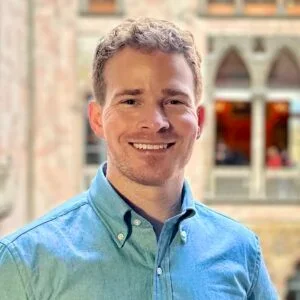
Matlin Gilman, MPH, MDiv, is a Population Health Sciences PhD candidate at Harvard University. He uses large-scale data sets to solve economic and social problems related to health disparities over the life course. His dissertation focuses on quantifying the effects of health and social policies on perinatal health, and identifying the causal mechanisms behind the effects to obtain insights into policies that can improve birth outcomes.

Alice Guan, MPH, is an assistant researcher at UCSF, having completed her PhD in the UCSF Department of Epidemiology and Biostatistics and her MPH at San Francisco State University. Her broad interests include understanding how social and economic policies impact health across the life course, with a particular emphasis on racial/economic disparities. She has worked on examining the effects of the 2009 revision to the Special Supplemental Nutrition Program for Women, Infants, and Children (WIC) on maternal and child outcomes. Current projects include evaluating the effects of LGB state policy protections on health. In her free time, Alice enjoys live theater, nature, and travel.

Jada Hubbard is a rising senior studying Sociology and Political Science at Xavier University of Louisiana. As a part of Cohort Two of the DuBois Scholars Program, she was placed with SPHERE for her aptitude in undergraduate research, public policy, and with the perspective of attending the nation’s number one HBCU for undergraduates on the pre-med pathway. This summer, Jada will investigate the intersection between mental health and policy. Prior to her involvement with the DuBois Scholars, she was a part of the University of Notre Dame’s Research Access and Mentoring Program [R.A.M.P.] and served within the Louisiana Supreme Court’s Clerk’s Office. Beyond academics, Jada enjoys spending time with her family, reading, and seeing live music.
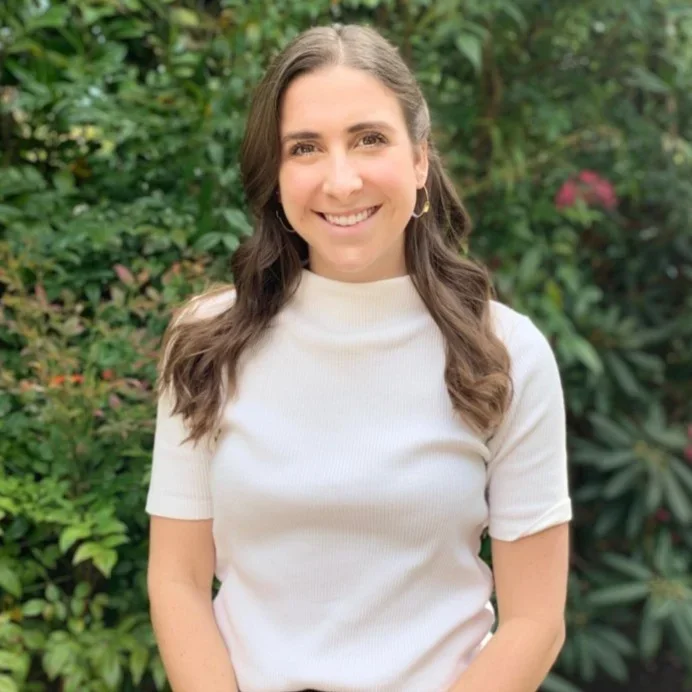
Kaitlyn Jackson, MPH, has worked at the SPHERE Center for the last 4 years as a Senior Statistical Analyst. She has contributed to a diverse portfolio of research projects, including quasi-experimental analyses of social policies, like Sugar-Sweetened Beverage Taxes, and expansions to SNAP, on maternal and mental health through leveraging nationally representative health datasets. She has also assisted with primary data collection and program management for the Assessing California Communities’ Experiences with Safety Net Supports Survey (ACCESS) study and Targeting Access and Knowledge of EITC Utilization and Policies (TAKE-UP) study. Prior to SPHERE, Kaitlyn spent 3 years working Latin America and competed her master’s degree in public health from the University of California Berkeley in 2018 during which she focused her graduate studies on addressing socio-economic and environmental determinants of chronic disease within vulnerable populations, including investigating chronic kidney disease incidence in Jalisco, Mexico. Kaitlyn loves outdoor activities like hiking, backpacking, and traveling, and also enjoys cooking, water coloring, and spending quality time around New England with friends and family!
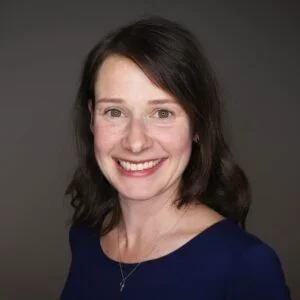
Deborah Karasek, PhD, MPH, is an assistant professor at Oregon Health Sciences University/Portland State University School of Public Health. She earned her MPH and PhD in Epidemiology from the University of California Berkeley, School of Public Health, and completed a Transdisciplinary Postdoctoral Fellowship with the Preterm Birth Initiative at UCSF. She brings expertise in research design, implementation, and analysis to her work studying social determinants of perinatal and reproductive health. Her research applies a health equity lens to explore how economic insecurity, neighborhood housing conditions, and social policy impact the health and well-being of pregnant women and their families. She works with the SPHERE Center on evaluating the effects of the earned income tax credit and child tax credit on birth outcomes. She’s the mama of two young boys who keep her busy outside of work.

Min Hee Kim, PhD, is an assistant professor at Rutgers University, having completed her postdoctoral fellowship at the SPHERE Center. She received her PhD in Sociology and Social Work from the University of Michigan. Her work focuses on social and spatial determinants of mental and cognitive health in aging populations. Dr. Kim examines how neighborhood contexts impact clinical, social, and psychological health outcomes using large-scale data, including national surveys, census data, and administrative records. She is interested in developing and implementing innovative place-based social policies to reduce cognitive health risk among vulnerable populations. During her postdoctoral training, she is collaboratively investigating the effects of area deprivation on dementia and its vascular risk factors among a cohort of immigrants to Denmark. She is also involved in projects examining other social policies’ effects on health by leveraging natural experiments. Outside her work, she enjoys spending time with her family.

Soroush Moallef is a Population Health Sciences PhD candidate in social epidemiology. Soroush’s research uses quasi-experimental, spatial, and descriptive methods to investigate and document ways social and structural systems, including social policies, affect health, particularly among marginalized populations.

Matthew Lee, PhD, is a postdoctoral research fellow in the NHLBI Cardiovascular Disease Epidemiology Training Program in Behavior, the Environment, and Global Health. He received his PhD in Population Health Sciences (track: Public Health Nutrition) from the Harvard University Graduate School of Arts and Sciences in 2024, and also holds an SM degree in Biostatistics from the Harvard T.H. Chan School of Public Health (2024) and an MS degree in Epidemiology from the University of California, Berkeley (2019). His research focuses on evaluating existing and potential social policies and programs that are poised to reduce cardiometabolic disease, with an emphasis on applying causal inference and simulation-based methods. At the SPHERE Center, Matt examines the impacts of social policies, including the child tax credit and other measures implemented during the COVID-19 pandemic, on food insecurity, child and adult nutrition, and cardiometabolic health.

Taylor J. Robinson, MPH, is a researcher at the SPHERE Center. She is currently a PhD student in Population Health Sciences at the Harvard Chan School of Public Health in the Department of Social and Behavioral Sciences. She is also a T32 in Sleep, Circadian, and Respiratory Neurobiology at Harvard Medical School Division of Sleep Medicine. She earned her MPH from the University of Pittsburgh Graduate School of Public Health in the Department of Epidemiology. She incorporates spatial and social epidemiologic methods and a health equity lens to interrogate the causal and historical relationship between neighborhood and housing conditions and racial health disparities. Her dissertation work focuses on the relationship between sleep and cardiovascular health, wealth, and neighborhood change. Taylor works with the SPHERE Center on evaluating the effects of COVID-19 expansion programs on pregnancy outcomes in the Pregnancy Risk Assessment Monitoring System (PRAMS) dataset.
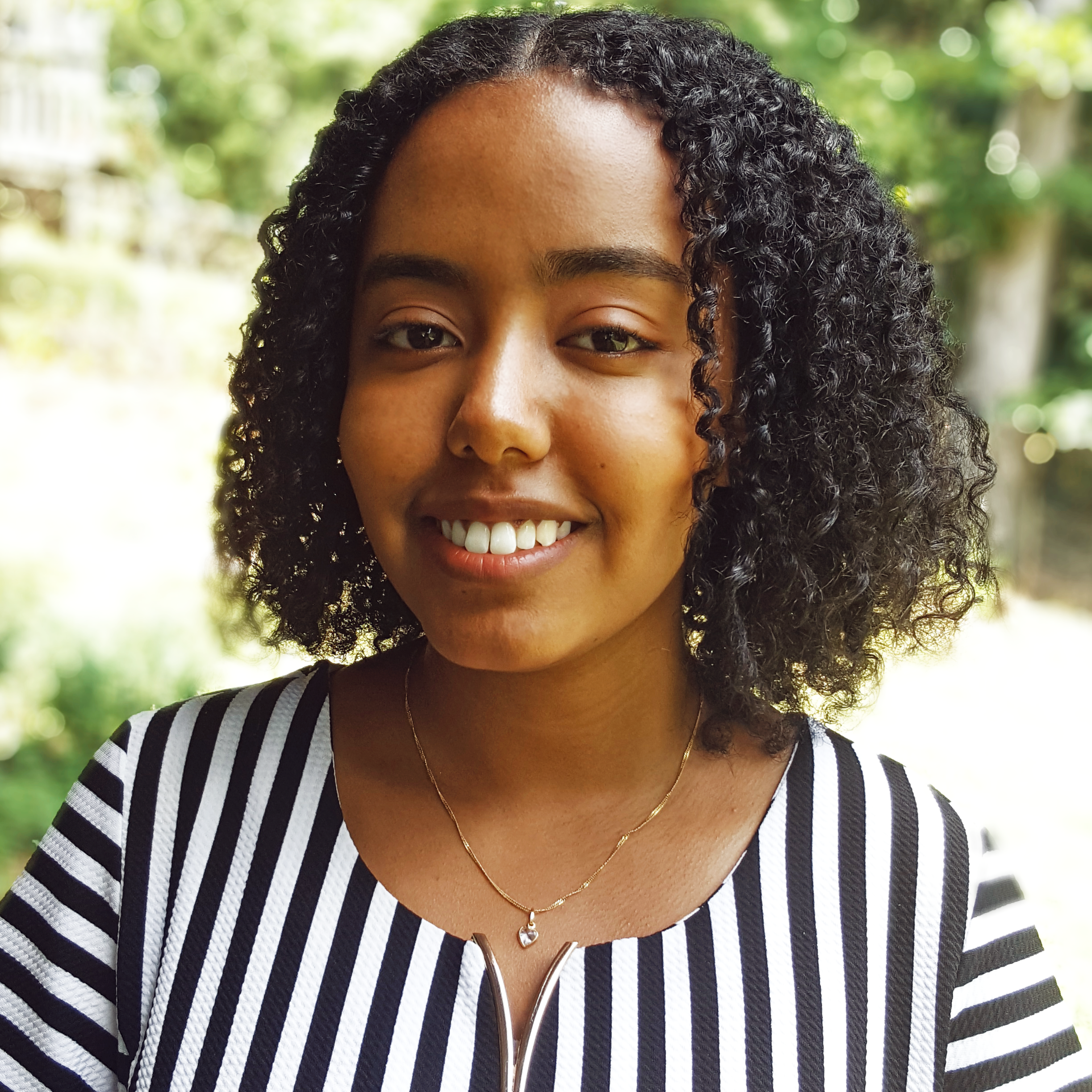
Lidya Tadesse, MHS, is a PhD student in Population Health Sciences at Harvard University based in the Department of Social and Behavioral Sciences. She is interested in employing quasi-experimental study designs to evaluate and inform a broad range of health and social policies, including poverty reduction, immigration, and injury prevention. Lidya received her BA in Public Health Studies and MHS in Epidemiology from Johns Hopkins University. Prior to joining Harvard, she worked as a data and policy analyst supporting several federal health agencies.

Marilyn D. Thomas, MPH, PhD, is an assistant professor at the University of California San Francisco. She earned her MPH from San Francisco State University and her PhD in Epidemiology from the University of California, Berkeley, and completed a postdoctoral fellowship in the Departments of Epidemiology & Biostatistics and Psychiatry at UCSF. Her primary interest is to understand how social policies, practices, and norms contribute to racial and socioeconomic health disparities. She has expertise in integrating social theory, measuring exposure to racism, and estimating the intersections of race, socioeconomic position, and socio-environmental factors using statistical interaction and case-only study designs. Her research investigates the role that structural, institutional, and everyday social marginalization plays on disparities in accelerated aging and physiologic dysregulation; police use of fatal force; and how socioeconomic and demographic factors modify these effects. To practice self-care, she likes hiking, dining out, seeing live music/comedy/theater, traveling, and playing guitar.
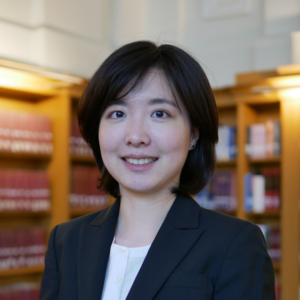
Guangyi Wang, PhD, is a Research Specialist at UCSF and a Research Associate at the SPHERE Center. She received her PhD in Human Sciences from the Ohio State University. Dr. Wang’s work focuses on policy-based research on family well-being, especially in the areas of health and social policy. During her doctoral training, she used a variety of quasi-experimental designs and survey data to examine the economic and social impacts of the Affordable Care Act and the Earned Income Tax Credit, including homeownership, marriage, and health. At the SPHERE Center, she works on projects examining the effects of school segregation and income support policies on health. Outside of work, she enjoys spending time with her cat and friends, baking, and traveling.
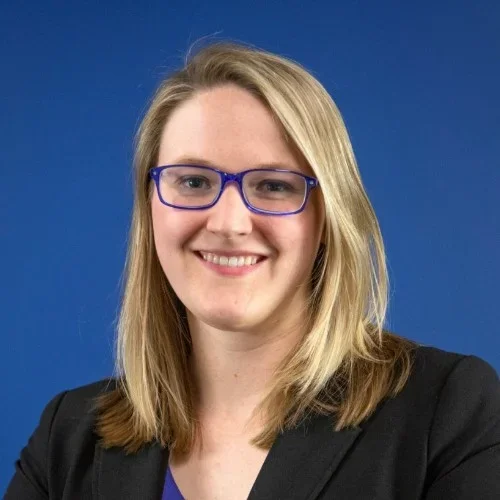
Whitney Wells, MSc, is a PhD student at UCSF in Epidemiology & Translational Sciences. Her research focuses on social determinants of health across the life course, especially the impacts of social safety net policies and education policy. She is interested in quasi-experimental methods to examine the impact of social policies on population health, to build evidence for policies that reduce health disparities. In her free time she likes taking on overly ambitious knitting projects and being in nature.

Emily Wright, PhD is a postdoctoral fellow at the SPHERE Center. She received her PhD in Population Health Sciences—with a focus on social epidemiology—from the Harvard T.H. Chan School of Public Health in 2023. Emily leverages epidemiologic theory and descriptive, quasi-experimental, and longitudinal methods to investigate how policies and other societal determinants shape racialized, gendered, and occupational health inequities. At the SPHERE Center, she works on projects examining how county-level COVID-19-related policies have impacted inequities in mental health and health behaviors. Emily’s dissertation focused on social, occupational, and employment-related inequities in working conditions and health among paid domestic workers in the United States.
Advisory Board
For more information about our advisory board members, please select a name from below.
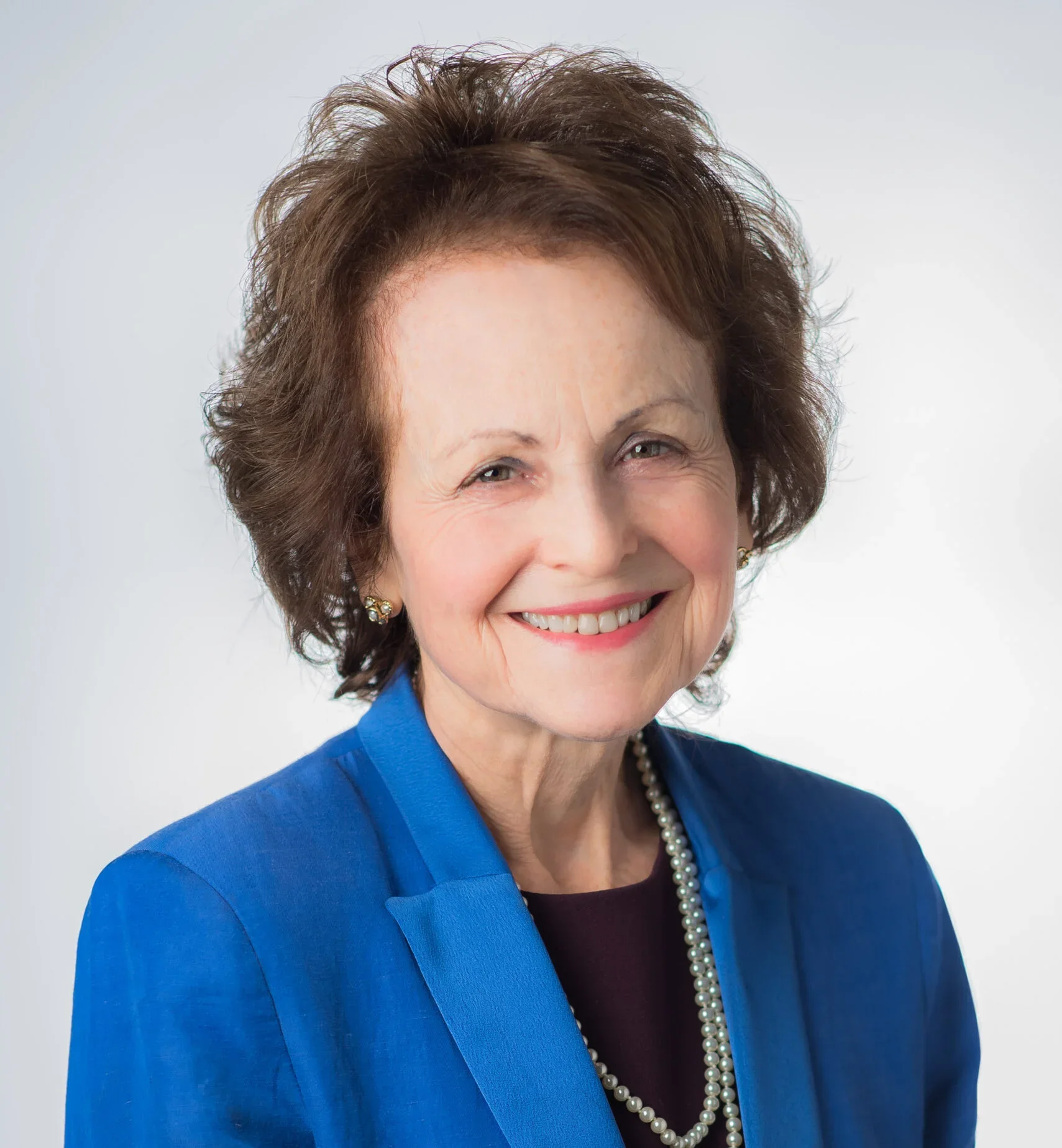
Claire D. Brindis, DrPH, is a Distinguished Professor of Pediatrics and Health Policy and Emerita Director of the Philip R. Lee Institute for Health Policy Studies at the University of California San Francisco. As a Latina bi-lingual, bi-cultural researcher, her research experience is in program evaluation and implementation science, as well as policy research on how social determinants impact health. She has brought this distinct perspective to several major formative and impact evaluations and research projects across diverse health care and public health content areas, including adolescent and young adult health at the federal, state, and local levels. Dr. Brindis also has expertise in the translation of research findings into policy and its dissemination to a wide variety of stakeholders.
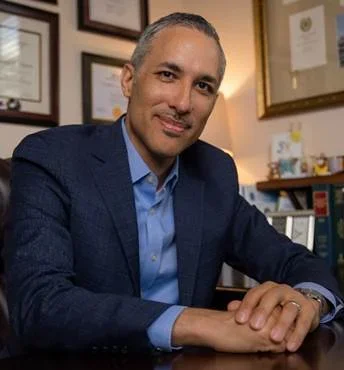
Daniel E. Dawes, JD, is a member of the SPHERE Center’s Advisory Board. He serves as senior vice president of global health and founding dean of the School of Global Health at Meharry Medical College. Prior to this, he served as executive director of the Satcher Health Leadership Institute and a professor of health law, policy, and management at Morehouse School of Medicine. He is the author of two groundbreaking health policy books, 150 Years of Obamacare and The Political Determinants of Health. Dawes was instrumental in developing and negotiating the Mental Health Parity Act, the Genetic Information Nondiscrimination Act, the Americans with Disabilities Act Amendments Act, and the Affordable Care Act’s health equity-focused provisions. Dawes is a member of the National Academy of Medicine and a fellow of the New York Academy of Medicine, and he serves as an advisor to The White House COVID-19 Health Equity Task Force and as an appointed member of the CDC’s Advisory Committee to the Director where he co-chairs the CDC’s health equity work.

David B. Harris, PhD, is a member of the SPHERE Center’s Advisory Board. He is the President of Children’s Research and Education Institute, a partner at Kids Project, a senior research fellow at the Center on Poverty and Social Policy at Columbia University, an affiliate of the Center on Poverty and Inequality at Stanford University, and a senior research fellow at UNICEF Innocenti, Global Office for Research and Foresight.